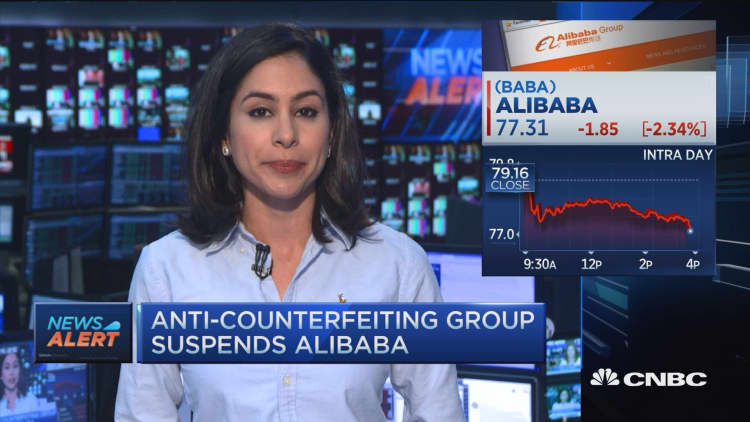
I recently ordered a pair of Christian Dior sunglasses from a vendor that claimed to be recognized by Taobao as a global "Daigou" - an online sales model popular in China in which personal shoppers based outside China buy products on behalf of Chinese consumers who want to avoid much higher domestic prices for many branded goods.
The vendor's Taobao storefront featured close-up photographs of the product's logo and serial number, as well as a range of certificates purporting to show the product had legally cleared Chinese customs. Taobao statistics showed that the vendor had sold 22 pairs of these sunglasses within the past month.
As a final assurance, the vendor promised to send the original purchase invoice with the product, so I put in an order for the sunglasses at a price of 936 renminbi (about $143).
I was still skeptical, knowing that Dior sunglasses can retail for $400 even outside China, but Daigou shoppers are known for shopping during sales periods and getting good prices because they buy in bulk, which helped allay my concerns.
Two days later, my parcel arrived - and I was immediately suspicious. The print and texture of the Dior logo on the sunglasses did not look the same as on a genuine case that accompanied Dior sunglasses I'd personally purchased previously in London.
But the real giveaway was the printed materials. The "guarantee card" was littered with spelling mistakes and the proof of purchase was not only printed on ordinary (non-receipt) paper but also named as the sales location a store in Hong Kong that my research showed did not exist.
When confronted, the seller denied that the product was counterfeit and refused to provide a refund, so I contacted Alibaba's customer service center for help.
The customer service representative insisted that the buyer must provide evidence proving the goods were fake before Alibaba would take action. So I sent a series of photographs of the sunglasses and explained the mistakes in the documentation.
At this point, Alibaba jumped into action.
Within 24 hours they had contacted me, confirmed I was correct in believing the sunglasses to be fake, and returned my money (which is held in escrow by Alibaba until both seller and vendor are happy with the transaction). I asked the Alibaba team how they would handle the vendor and its products, and was told they would force the seller to remove this specific product - the 'Dior' sunglasses - from its storefront.
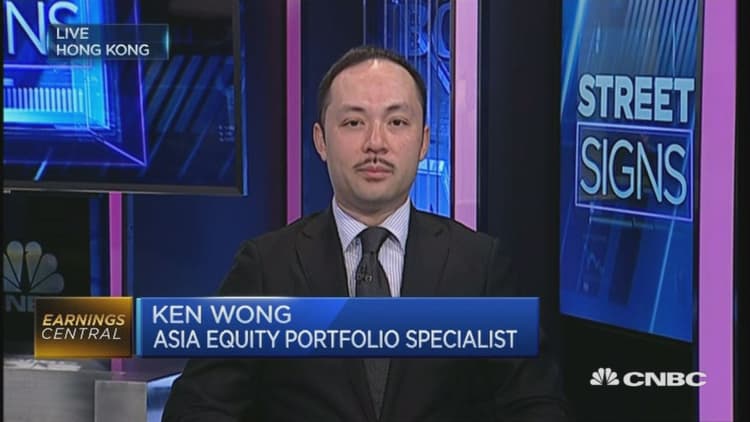
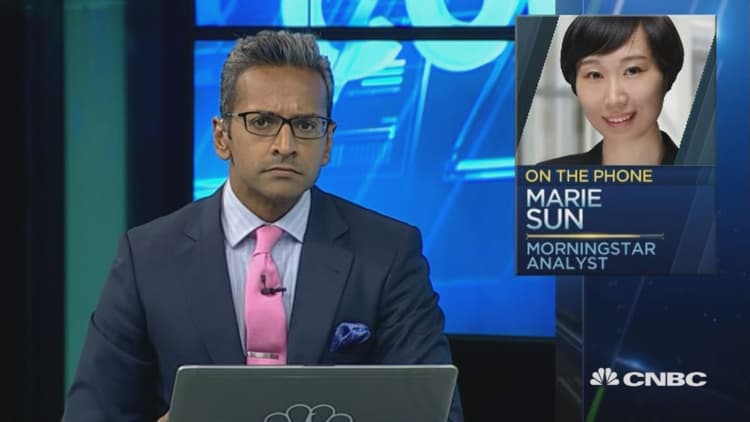
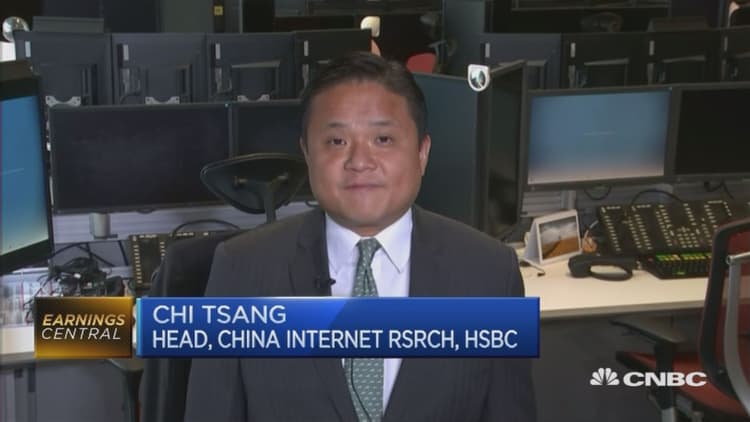
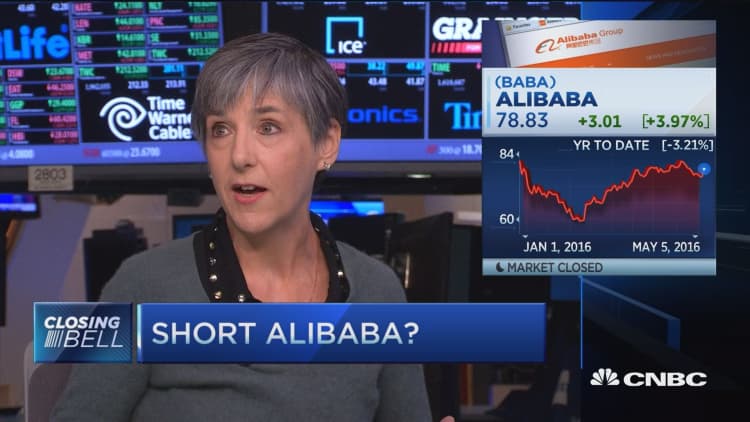
They also promised that their anti-counterfeit team would look into vendor's products more broadly. Almost two months later, however, the same vendor remains in business on Taobao.
An Alibaba spokeswoman told me that the company was committed to fighting the production and sale of counterfeits and had a track record of providing constructive solutions for buyers.
"We will take immediate measures to help prevent the listings of any items that go against our policies upon notification," she said.
Despite that, a quick Taobao search for a term such as "Gucci glasses" returns many obvious fakes, with prices as low as 40 renminbi ($6).
But counterfeits are often much harder than this to identify, so much so that just a couple of weeks later, I was bitten again - this time by a different "Daigou" vendor, who sold me a Burberry scarf that, on sight, was near-impossible to tell from the real article.
I was happy until I looked at the receipt — this time my scarf was "bought" at a store in London that only a little bit of research showed, again, did not exist.


